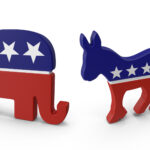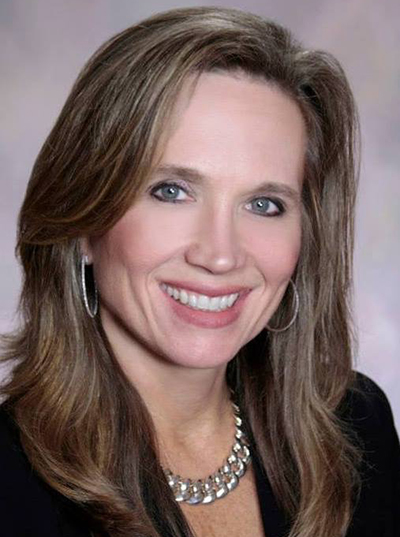
WASHINGTON (BP)–An “atmosphere of intolerance” toward some religious groups is growing in France and Belgium and spreading to other countries, Southern Baptist religious liberty specialist Richard Land said at a Capitol Hill meeting sponsored by the State Department.
Land spoke at a roundtable discussion on religious freedom in Europe and Eurasia in his capacity as a member of the U.S. Commission on International Religious Freedom. While the session was off the record to the news media in order to promote open dialogue by the participants, Land provided Baptist Press with a draft of his prepared comments. He already had given some of his report in other venues, Land said.
Land’s report at the May 8 meeting was based on trips to France, Belgium and Russia in March. He traveled with USCIRF chairman Michael Young to Belgium and France, then to Russia, where he spoke on behalf of the commission at a conference on politics and religion.
Many of the people Young and he talked to in France and Belgium said “anti-cult initiatives” had resulted in a “growing atmosphere of intolerance toward new religious movements and other minority religions,” reported Land, president of the Southern Baptist Ethics & Religious Liberty Commission.
Not only have both governments failed to act to solve the problem, but some public officials “are actively contributing” to it, Land said they were told.
An official structure has been established in both countries to monitor and to act against minority religious groups, he reported. In addition, official lists of so-called cults exist in both France and Belgium, but neither government has explained the legal importance of such a list, Land said.
Examples of government targeting of religious groups include Belgium’s harsh expelling of three members of the Assemblies of God as well as France’s legal initiatives against the Jehovah’s Witnesses and Scientologists, he said.
The French and Belgian actions are a concern also because they are “being closely observed and, in some cases, imitated in several countries,” including Russia, China, Lithuania and Chile, Land said. French officials have even promoted their initiatives in some of these countries, he said. These countries do not have the “human rights protection mechanisms” found in Western Europe, however, he said.
At the conference in Russia, several proposals under consideration were discussed, including ones on religious extremism and traditional religions, as well as amendments to the 1997 law on religious associations. “Unfortunately, while the final wording of these laws is not yet known, it appears that most of them will inevitably restrict religious freedom or result in discrimination on the basis of religion,” Land told the audience.
The Bush administration’s attempt to lift trade sanctions on Russia and Russia’s cooperation in the war against terrorism mean “now is not the time to reduce U.S. vigilance in monitoring violations and advocating religious freedom and other human rights in Russia,” he said.
The USCIRF supports, Land said, a recent congressional proposal to include the establishment of a U.S.-Russian forum to discuss human rights issues regularly, with the commission as a participant, in a bill regarding Russia and the Jackson-Vanik Amendment on trade.
The commission will be reviewing Russia’s recent actions to see if they fit with recertification for foreign aid from the United States, he said. Recertification for Russia will be considered in June.
Land also expressed other USCIRF concerns about Russia that he shared in his March speech in Moscow:
— The potential “liquidation” of more than 2,000 religious groups for failing to re-register under the 1997 religion law, which requires religious organizations to register with the government.
— The adoption of policies and practices at the local and regional levels that are more restrictive than the 1997 law and have interfered with the religious expression of some groups.
— Problems with visas, residence and citizenship for foreign missionaries and other religious workers.
— The targeting by extremists of Jews, Muslims and other religious minorities for mistreatment.
The USCIRF is working on a report on Russia and is contemplating another, more extensive trip to the country, Land said.
The Capitol Hill roundtable discussion at which Land spoke was part of a series of such meetings that has been organized by the State Department to discuss issues in Russia but was expanded to other countries this time. Among participants were State Department officials; Sen. Gordon Smith, R.-Ore.; congressional staff members; and representatives of various religious organizations.
The USCIRF consists of nine members appointed by the president and congressional leaders who are charged with researching religious liberty issues in foreign countries and making policy recommendations to the White House and Congress. Bush named Land to the panel in September.
–30–



















